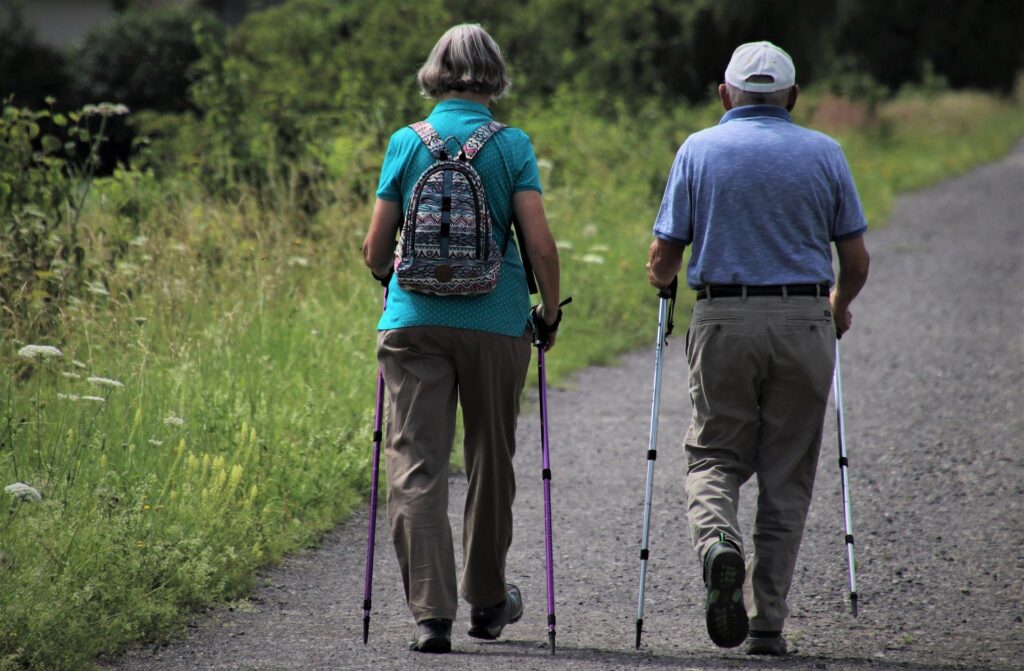Walking just one hour a week can help older adults avoid disability
A new study, published by the American Journal of Preventative Medicine, suggests that just one hour a week of brisk walking can help reduce the risk of disability in older adults. Scientists at Northwestern University have concluded that this minimal amount of brisk walking — walking as if you were late to an appointment – is enough to provide a significant health benefit.

“This is less than 10 minutes a day for people to maintain their independence. It’s very doable,” said lead author Dr. Dorothy Dunlop, a professor of preventative medicine at the Feinberg School of Medicine.
Dr. Dunlop went on to say that the study may motivate inactive older adults to start practicing a healthier lifestyle by showing them the benefits even small changes can make.
The study showed that an hour a week of moderate to vigorous exercise allowed older adults to maintain the ability to perform simple daily tasks, such as getting dressed and crossing a street safely before the traffic signal changed.
An hour of exercise per week reduced the risk of mobility disability (moving too slowly to safely cross the street) in participants by 85 percent. In addition, it helped the participants complete routine daily tasks, such as moving about the house, dressing and bathing, by almost 45 percent.
Four years into the study, 24 percent of the participants who did not get their hour of weekly exercise were moving too slowly to safely cross a street and 23 percent struggled to complete their morning routines.
Although 2.5 hours of exercise per week is what is recommended for older adults to reduce many health risks, this can seem daunting to someone who hasn’t lived an active lifestyle or suffers from pain.
“We hope this new public health finding will motivate an intermediate physical activity goal,” Dr. Dunlop said. “One hour a week is a stepping stone for people who are currently inactive. People can start to work toward that.”
